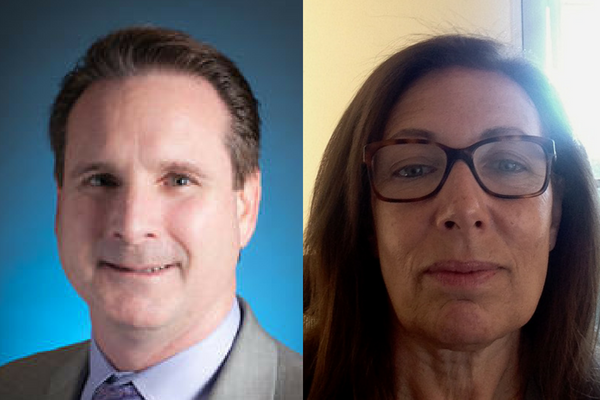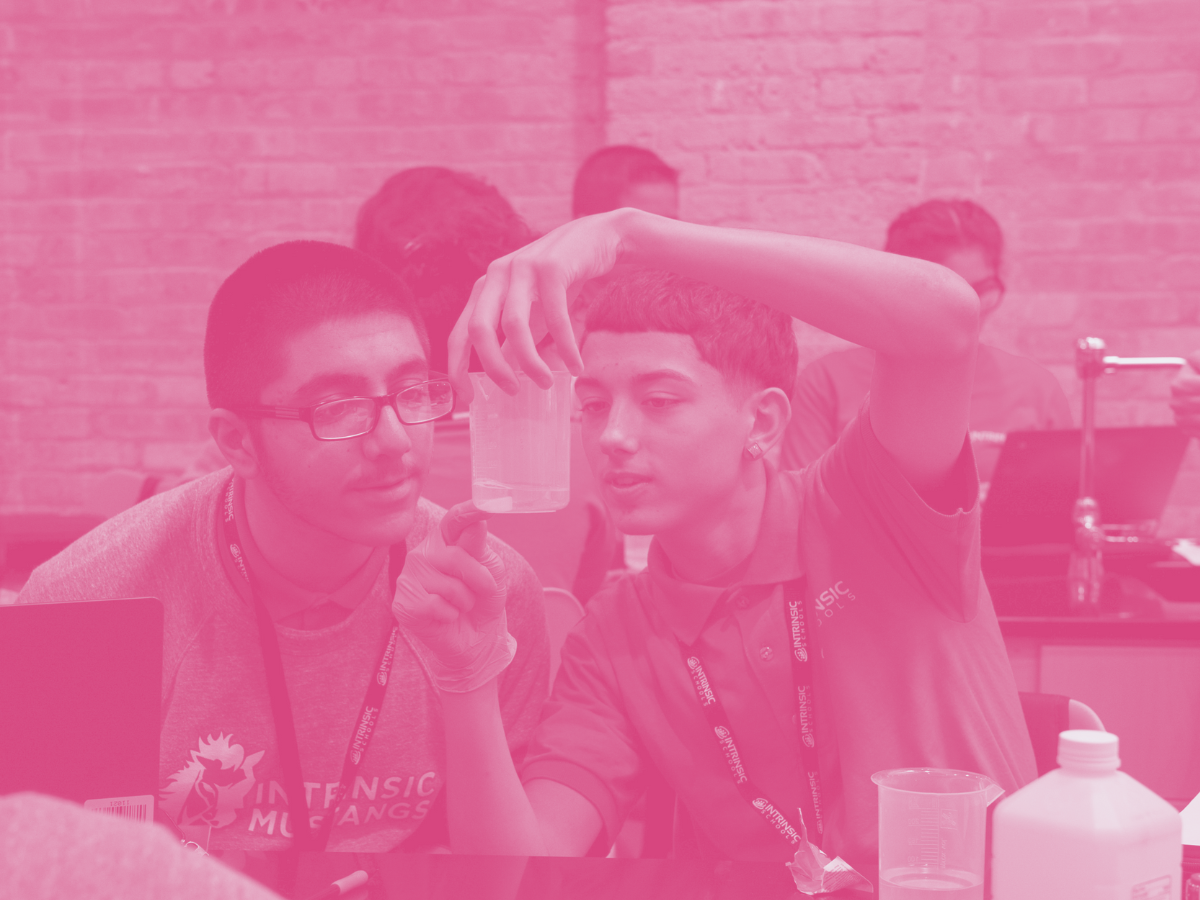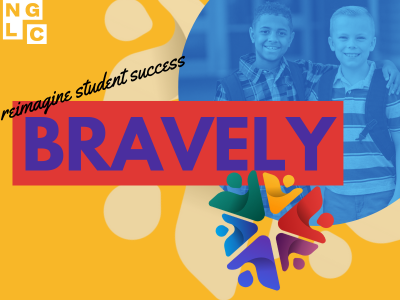New Designs for School
Vista Unified Sets Sights on Personal Learning 2.0: Powerful Performance Frameworks
Topics

We’ve all had the experience of truly purposeful, authentic learning and know how valuable it is. Educators are taking the best of what we know about learning, student support, effective instruction, and interpersonal skill-building to completely reimagine schools so that students experience that kind of purposeful learning all day, every day.
When over 50% of its schools opted to actively engage in the "Personal Learning Challenge," Vista Unified began transforming how the district itself operated.
At Vista Unified, we are beginning the process of implementing Personal Learning 2.0. Personal Learning 2.0 occurs when a school district has reached a tipping point at which more schools than not are engaged in transforming the educational experience to become more personally aligned to the strengths and interests of each learner. At Vista Unified, we reached this milestone last September when over 50% of our schools opted to actively engage in the Vista Unified Personal Learning Challenge. We call this the "Personal Learning Challenge Tipping Point."
At the tipping point, our goal is to ensure that district processes, structures, and governance support personal learning. Personal learning is now our new normal. Accordingly, we are in the process of transforming the way the school district supports a student-centric orientation to education. At Vista Unified, we have learned that personal learning doesn't just happen in the classroom—it requires a thorough reimagining of the district model to support full transformation.
Our reimagination process begins with the alignment of learning progressions among schools across the grade spans so that students can follow their personal learning pathways seamlessly year-to-year without encountering the hard bumps of curriculum gaps and mixed messages about expectations. As a first step toward seamless learning pathways, we are currently in the process of designing Performance Frameworks. A Performance Framework defines the competencies students should develop and master throughout their learning pathway, from early childhood education to graduation. Once completed, Performance Frameworks contain descriptions of the developmental progressions of the knowledge, skills, and attitudes required to achieve competency.
A well-developed Performance Framework gives teachers and students a much greater level of freedom and flexibility to utilize expanded curricula and assessment, including formative assessment which occurs while the learning is taking place, and interim and summative assessments that measure progress after learning has occurred. This approach of focusing on performance rather than one central set of instructional materials opens the door to seize the opportunities present in the open educational resources (OER) movement.
In practice, Performance Frameworks assist teachers to plan lessons, activities, and learning events. Teachers can employ greater diversity of tools, technology, content, and activities from flipped classes to gaming to matching student learning style to projects. Formative assessments, aligned with competencies and expectations, allow teachers to see the speed and nature of progress per student. More, Performance Frameworks enable the transition from a teacher-centric environment (teaching to the students) to a learner-centric environment where the student becomes the maestro of their own learning symphony. They encourage students to actually "do" the learning as opposed to passively receiving teaching. Through a transparent understanding of which competencies are required and how they are measured, students can better own their learning process and commit to a more relevant educational experience.
An example of a great model for Performance Frameworks comes from the National Center for Research on Evaluation, Standards and Student Testing called The Fundamentals of Learning (2014) out of UCLA. This model focuses on "three fundamental aspects of learning that underpin classroom practice for K-12 students' attainment of the College and Career Ready Standards (CCRS). The Fundamentals are: (1) Making Meaning, (2) Participating and Contributing, and (3) Managing Learning."
Table 1 below is the beginning of a Performance Framework structure that Vista Unified teachers will be developing under the direction of Steven Green, senior director from the San Diego County Office of Education, during the 2017-18 school year. This framework outlines the developmental progression of the knowledge, skills, and dispositions that define each of the sub-competencies within the broader competency domain. In addition to the descriptors, the framework would include specific assessments (interim and summative) and timeframes in which these competencies would be assessed to verify and certify students' growth through their progression of learning. It is important to note that formative assessment is not included in the table as formative assessment is more of a process rather than an outcome. Think of formative assessment as on-going feedback; minute-by-minute.

Adapted from: Fundamentals of Learning, 2014
As Vista Unified begins to transition into a competency-based learning environment, students will assume greater agency of their learning, make more relevant connections between their learning and the real world, and increase their motivation and engagement. With the focus on students as doers, peer collaboration and teamwork improves significantly. The collaborative learning environment produces a socially positive environment where students support each other's learning, capitalizing on individual strengths and interests.
Please follow our Personal Learning 2.0 evolution through this blog over the course of the next year. Our next topic will focus on what we call the "bookends" of a great transformative journey. We will highlight the design of a P-3 Continuum and Talent Cities. We also invite you to observe and interact with our journey through Personal Learning 2.0 at the Vista Unified Innovation Website: www.vistausd.org/innovation.




